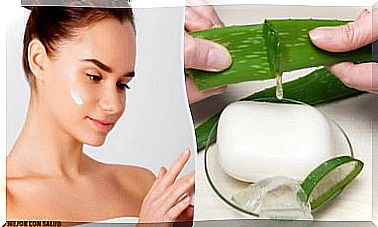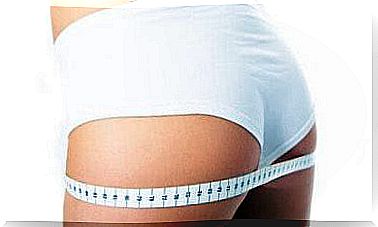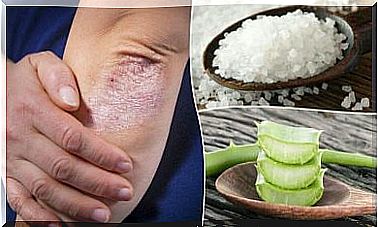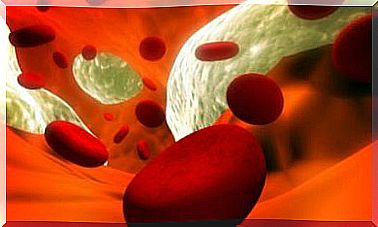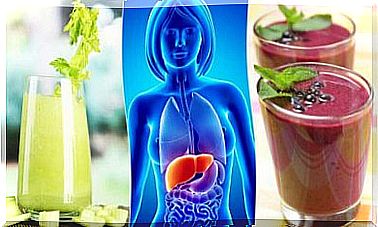Supplements That Vegans Should Eat

Many firmly believe that a vegan diet is a completely healthy diet. They are not entirely wrong, as studies support the benefits of eating fruits and vegetables. However, depending on the vegan diet, some nutrient deficiencies may occur to a greater or lesser extent. For this reason, there are certain supplements that vegans should eat.
It is important to remember that a vegan diet is not the same thing as vegetarianism. Vegetarians, i.e. vegetarians, even if they do not eat meat or meat products, can eat eggs and dairy products (ovo-lacto-vegetarians) or only dairy products (lactovegetarians). In contrast, vegans do not eat any food of animal origin.
Thus, in this type of diet, the intake of nutrients is limited to what can be obtained from plant-based foods. For this reason, vegans must rely on supplements to obtain from their diet those nutrients that can be obtained in ideal amounts only from products of animal origin.
With this in mind, we now want to introduce supplements that vegans should eat.
What nutrient deficiencies can a vegan diet cause?
Gibson stressed in The American Journal of Clinical Nutrition that fortified foods should be recommended for the vegan diet in order to improve the bioavailability of certain nutrients, such as minerals. The most critical nutrients are:
- Omega-3 fatty acids
- Iron
- Zinc
- Calcium
- Iodine
- Vitamin D
- Vitamin B12
In vegetables, phytic acid and tannins bind minerals, reducing their absorption and utilization. For example, calcium deficiency can affect bone integrity. Nutritionist Rojas Allende shows that bone mineral density is lower in vegetarians than in mixed eaters. In this way, it increases the risk of bone fractures in vegans by 10 percent.
Another deficient nutrient in a vegan diet is vitamin B12. Its deficiency ranges from 40 percent to 90 percent in different age groups of vegans, says Revista Chilena de Nutrición, a Chilean nutrition magazine. Low intake of vitamin B12 can adversely affect the blood, skin, mucous membranes and even the nervous system.
Studies in the UK have also shown that vegans are more deficient in vitamin D, as it is mainly obtained from fish.
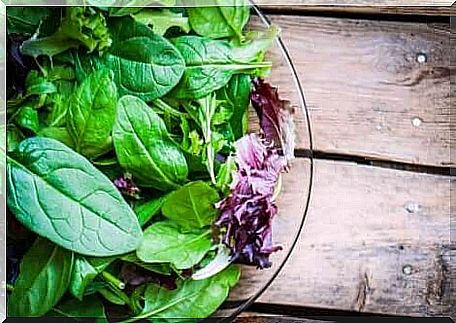
Supplements that vegans should eat
Vegans should take some vital nutrients as a supplement to meet their nutritional needs to avoid potential deficiencies and health risks. At the same time, some recommendations that improve the use of nutrients in vegetables should be taken into account.
Which nutrients are most important? How can they be obtained? Keep reading!
1. Vitamin B12
Vitamin B12 is an essential nutrient for bone marrow and red blood cell regeneration. It is also involved in central nervous system metabolism and DNA synthesis.
In a vegan diet, vitamin B12 can be obtained from fortified foods such as grains, vegetables grown with organic fertilizers, pickles, or fermented foods made using bacteria and yeast.
The daily requirement of vitamin B12 is 2.4 mcg in adults. If your doctor prescribes supplements, you should take at least 10 mcg a day or 2000 mcg a week, according to the Spanish Vegetarian Federation. Medical associations today recommend supplements for such diets.
2. Vitamin D.
Vitamin D behaves like a hormone and is involved in calcium metabolism. By improving the absorption of calcium into the bones, osteoporosis in adults and rice disease in children can be prevented. The daily calcium requirement is 5 mcg in adults and can be as high as 15 mcg in those over 70 years of age.
Vitamin D can be obtained as a supplement in the form of cholecalciferol, or D3, from fish oil or as vitamin D2 from a plant source. In the latter case, it should be taken at 1000 mcg per day. You can also synthesize this nutrient by sunbathing at least three times a week.
Sunlight should reach the skin as widely as possible and the skin should be free of sunscreen. If your intake of sunlight is inadequate or you are vegan, you need to eat vitamin D from a jar.
3. Calcium
Calcium performs structural functions in bones, teeth, and metabolic health, such as regulating the nervous system and heart rate. Its daily requirement for adults is 1000 mcg per day.
In vegan diets, unabsorbed complexes such as phytates and oxalates bind some of the calcium, leaving its intake lower than the recommended daily dose.
Its bioavailability can be increased by preparing vegetables, especially legumes and cereals, in a slightly different way. Cooking, soaking for at least eight hours, germination, and natural fermentation with wild yeast activate the phytase enzyme within the seed. This releases calcium captured by phytate, which allows it to be absorbed.
4. Omega-3 fatty acids are supplements that vegans should eat
Omega-3 fatty acids help prevent cardiovascular disease, diabetes and diseases of the immune system. Vegetables do not contain docosahexaenoic acid (DHA) or eicosapentaenoic acid (EPA), but they do contain alpha-linolenic acid (ALA), one of the omega-3 fatty acids. The body is only able to convert about 10% of this fatty acid to DHA or EPA. For this reason, its intake should be higher in vegan diets.
Experts also recommend avoiding excessive use of corn, sunflower and cottonseed oils, among other things, as they contain omega-6, which affects the conversion of alpha-linolenic acid, which reduces the synthesis of EPA and DHA. Olive oil can serve as a substitute for oils that are high in omega-6.
To meet the ALA need, vegans should include 1.5 teaspoons of ground flaxseed or 1 teaspoon of crude flaxseed oil unheated in their diet. Poor ALA conversion requires the use of EPA and DHA supplements derived from microalgae.
As Norris and Messina state, DHA should be taken in 200-300 mg algae every two or three days.
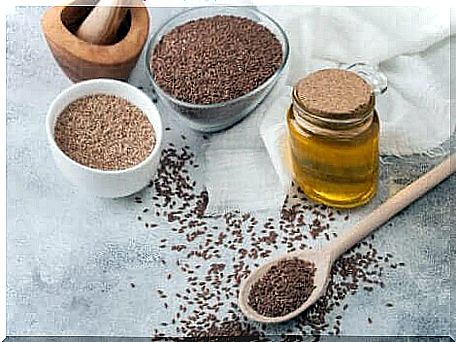
5. Iron
Iron deficiency is the most common nutrient deficiency. This mineral is responsible for transporting and storing oxygen in the tissues, affecting the nervous system and energy metabolism.
Plant products contain non-heme iron and 3-8% is absorbed. Indeed, the daily recommended iron intake for vegans is 1.8 times higher than for non-vegetarians.
- To improve bioavailability, experts recommend the use of germinated, soaked, or yeast-fermented cereals and legumes.
- After meals, coffee and tea should be avoided as their tannin content reduces iron absorption.
- The use of fruit or whole juices rich in vitamin C increases the absorption of iron 6-fold.
6. Supplements Vegans Should Eat: Zinc
The recommended intake of zinc varies from 3 to 10 mg depending on age and gender. This trace element is involved in protein and collagen synthesis. Thus, it affects the wound healing process, promotes the absorption of vitamin A and enhances the immune response.
Zinc deficiency has been observed most in vegans, compared to ovo- or ovo-lacto vegetarians. Phytic acid also binds zinc in vegetables. Germination, acidification, soaking, cooking and peeling alter phytic acid and improve the intestinal absorption of zinc.
7. Iodine
Iodine synthesizes T3 and T4 thyroid hormones. These in turn regulate energy metabolism and increase cellular oxygen uptake. The daily requirement for adults is estimated to be 150 mcg / day, although the amount may increase to 175-200 mcg / day during pregnancy and lactation.
The main sources of iodine are fish, molluscs, crustaceans and algae. For vegans, a great option to increase your zinc intake is to eat algae, including kelp, noria, and dulsea, 3-4 times a week. The need for this mineral is also met by eating half a teaspoon of iodized salt a day.
Instead, the vegan diet should be careful with certain vegetables such as cabbage and legumes. Eating them raw prevents iodine absorption.
Planning a vegan diet to avoid deficiencies
Because of the risk of nutrient deficiencies, it is very important to know how to plan a vegan diet properly. For this reason, it is best to go to a nutritionist. While vegetables are very healthy, it is also true that they cannot meet all of our nutritional needs.
For this reason, it is essential to plan your diet well, make it balanced, and resort to certain supplements that can help avoid any deficiencies. It is therefore quite possible to follow a vegan diet without endangering health.
